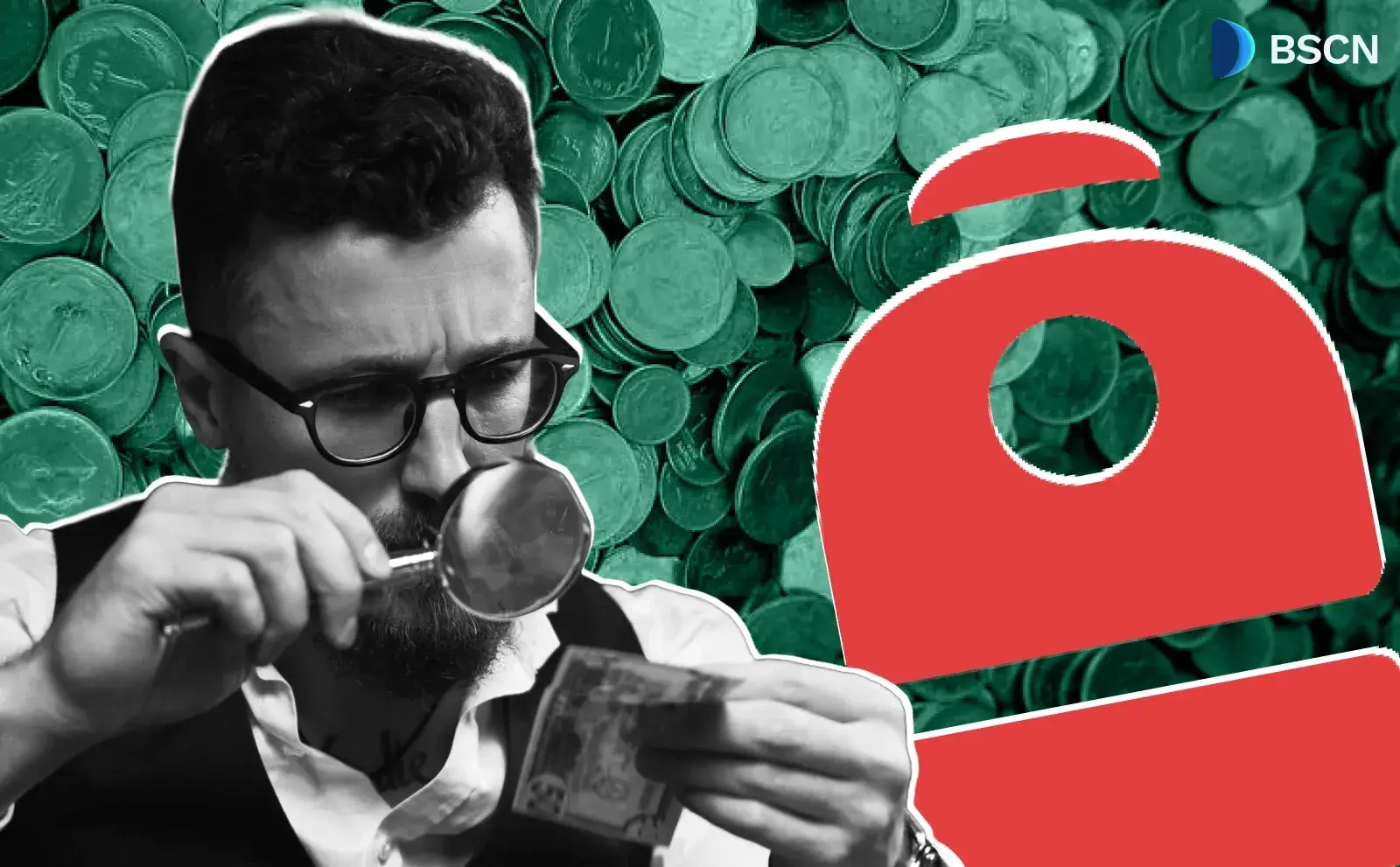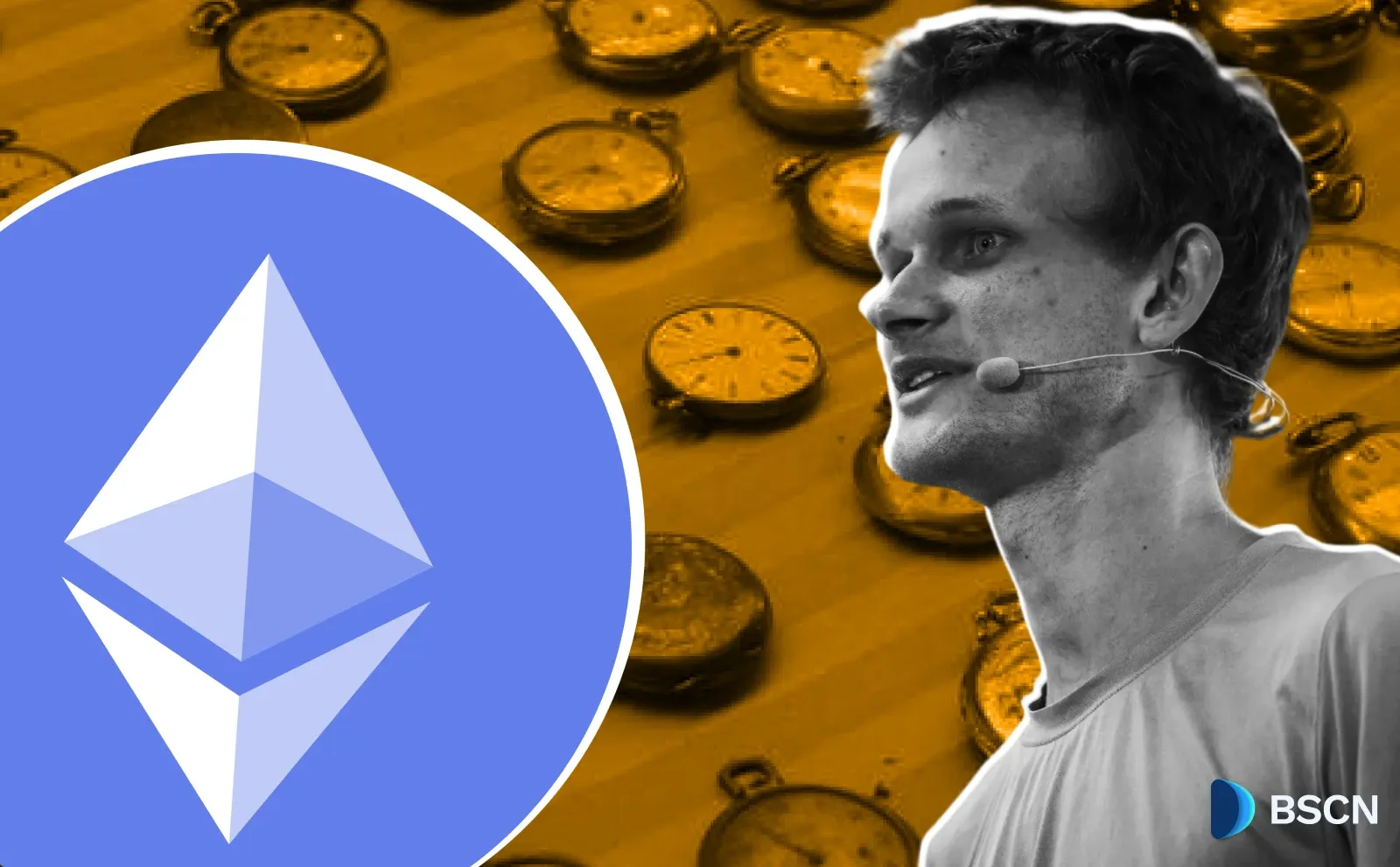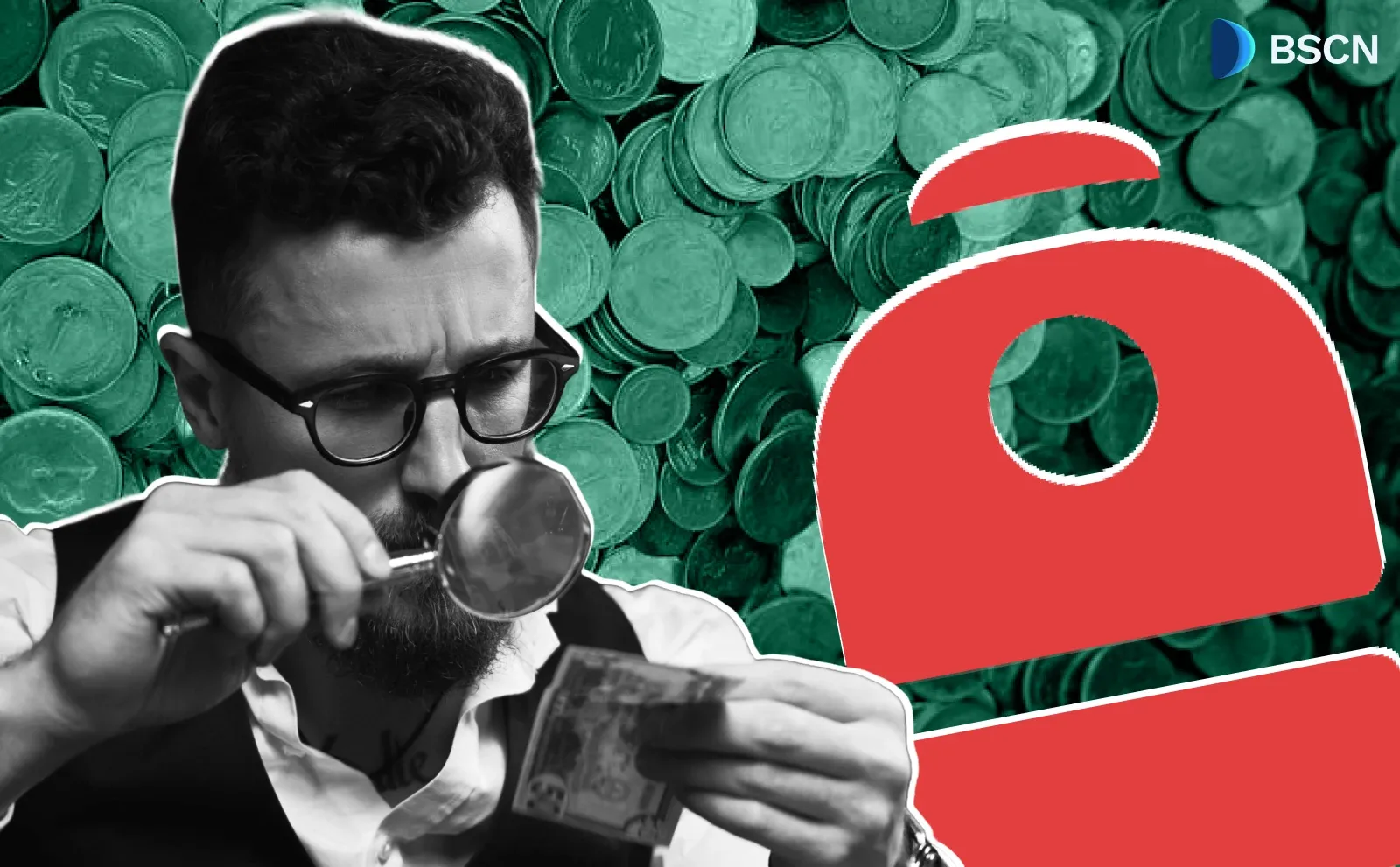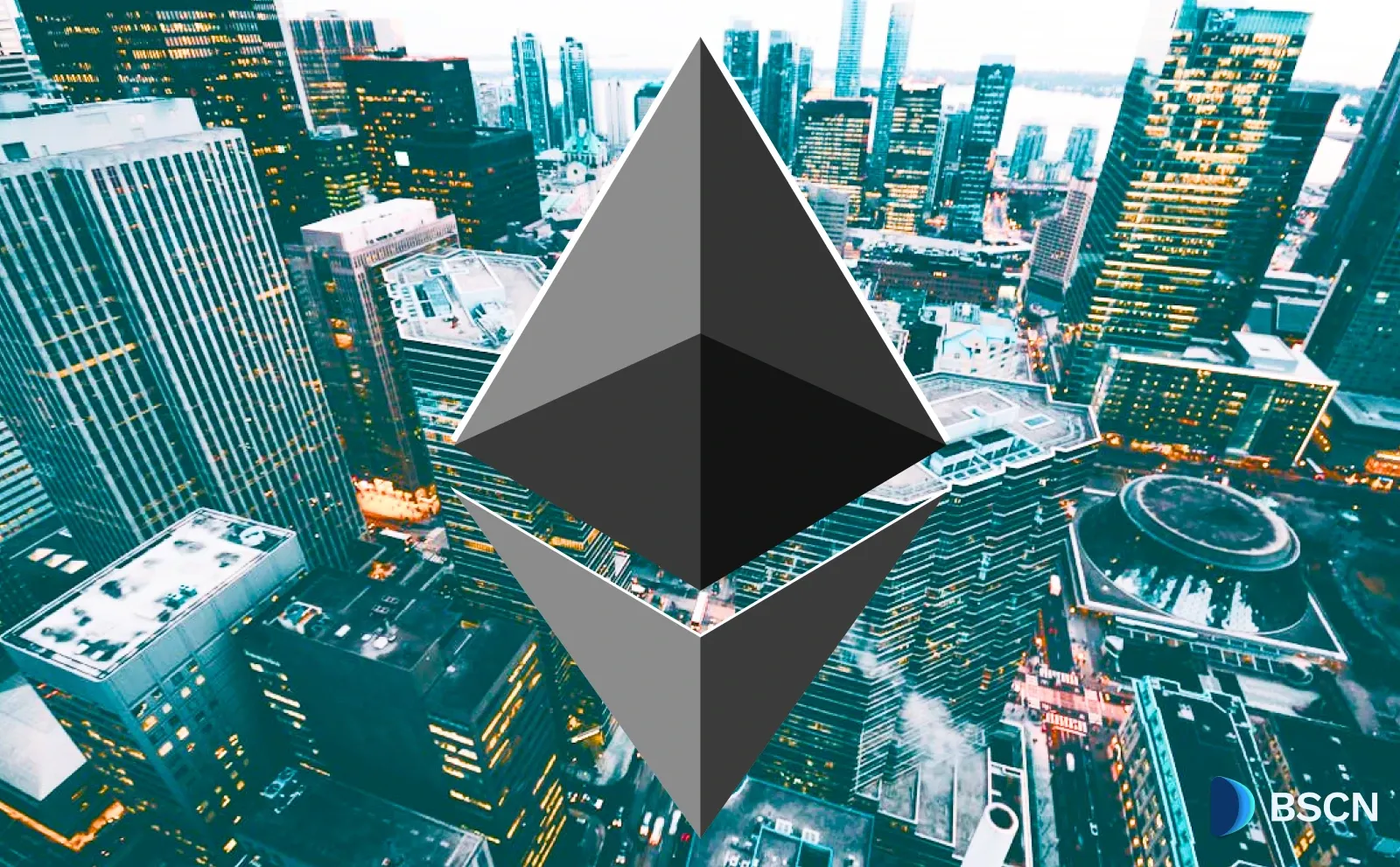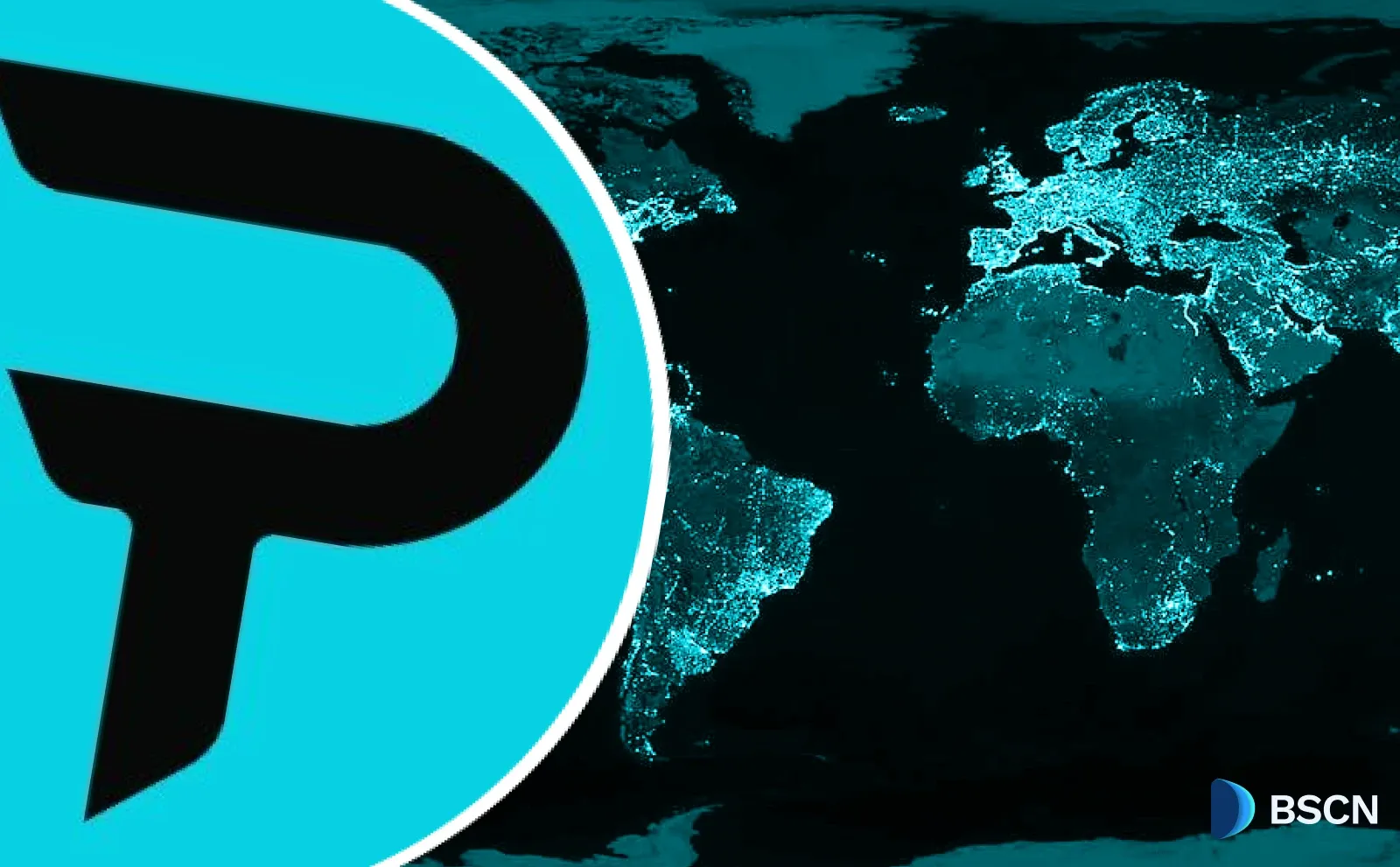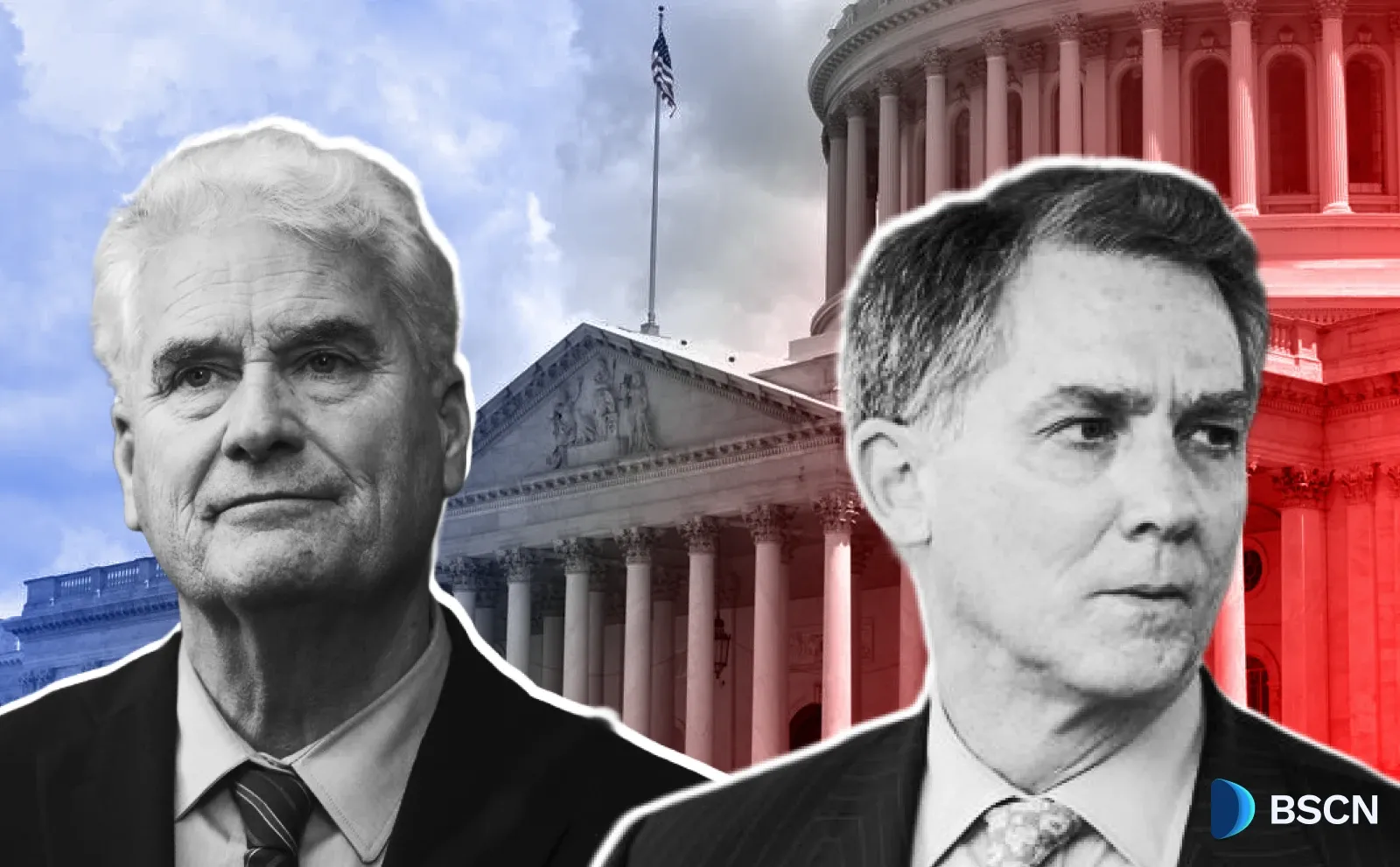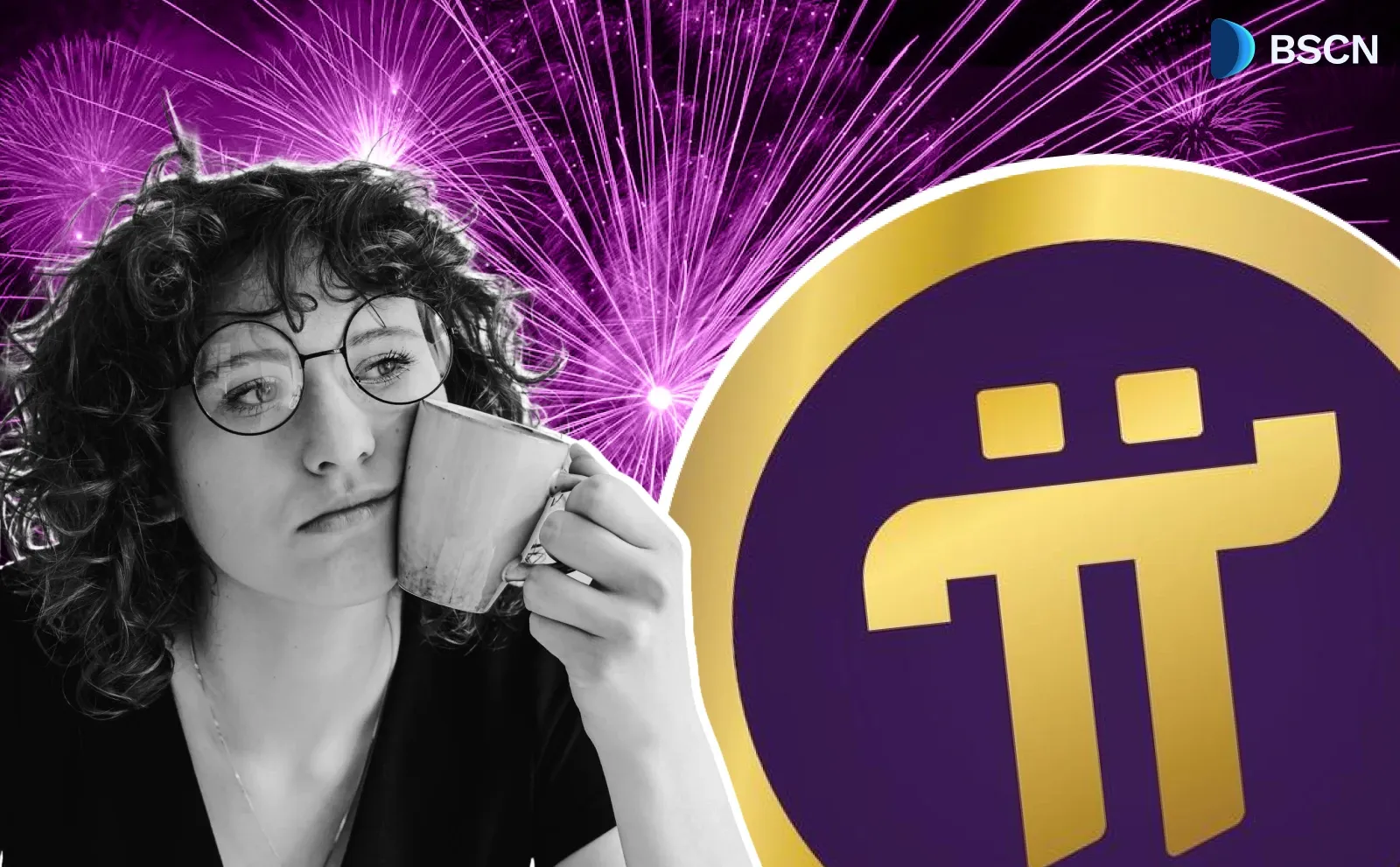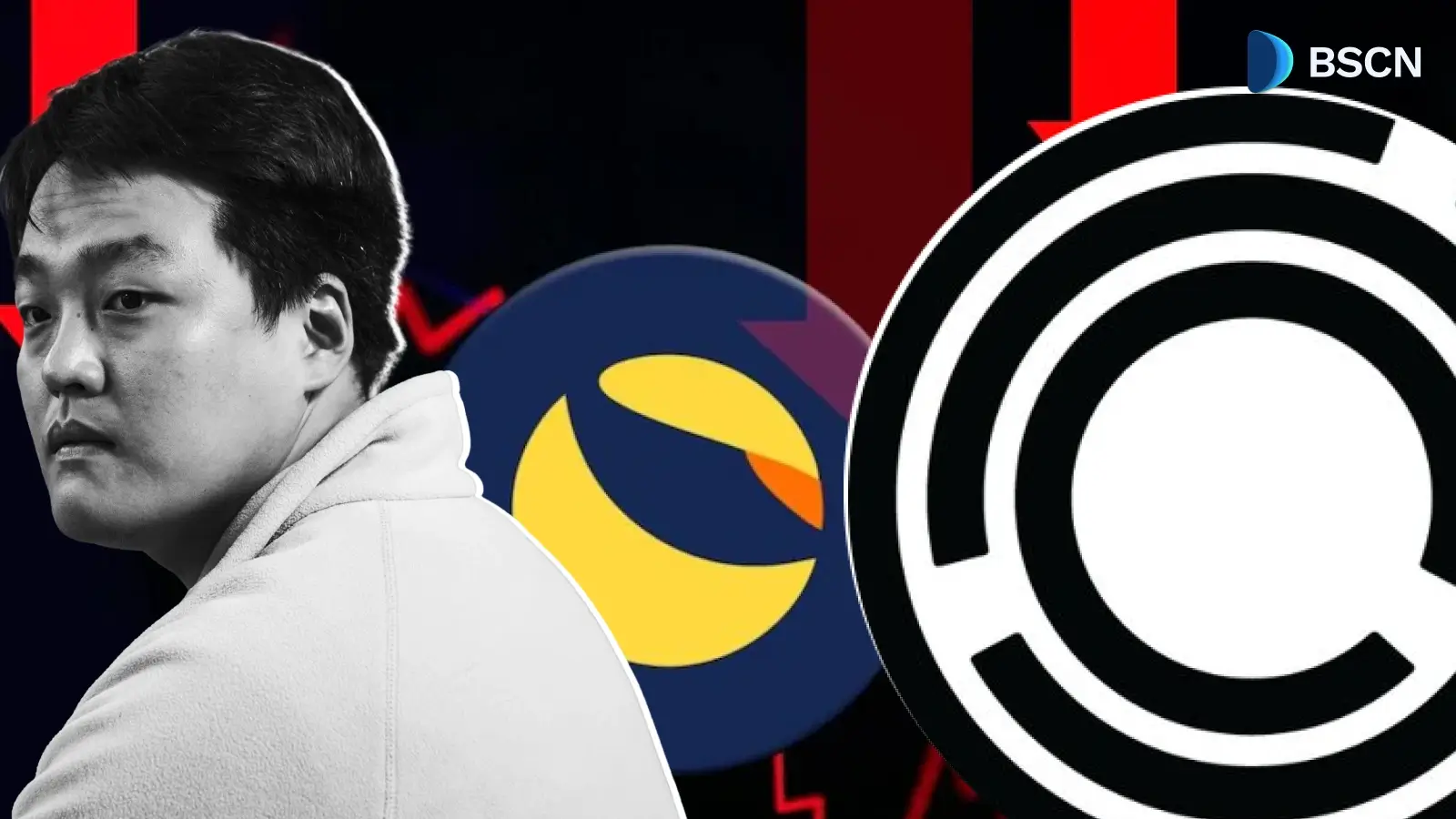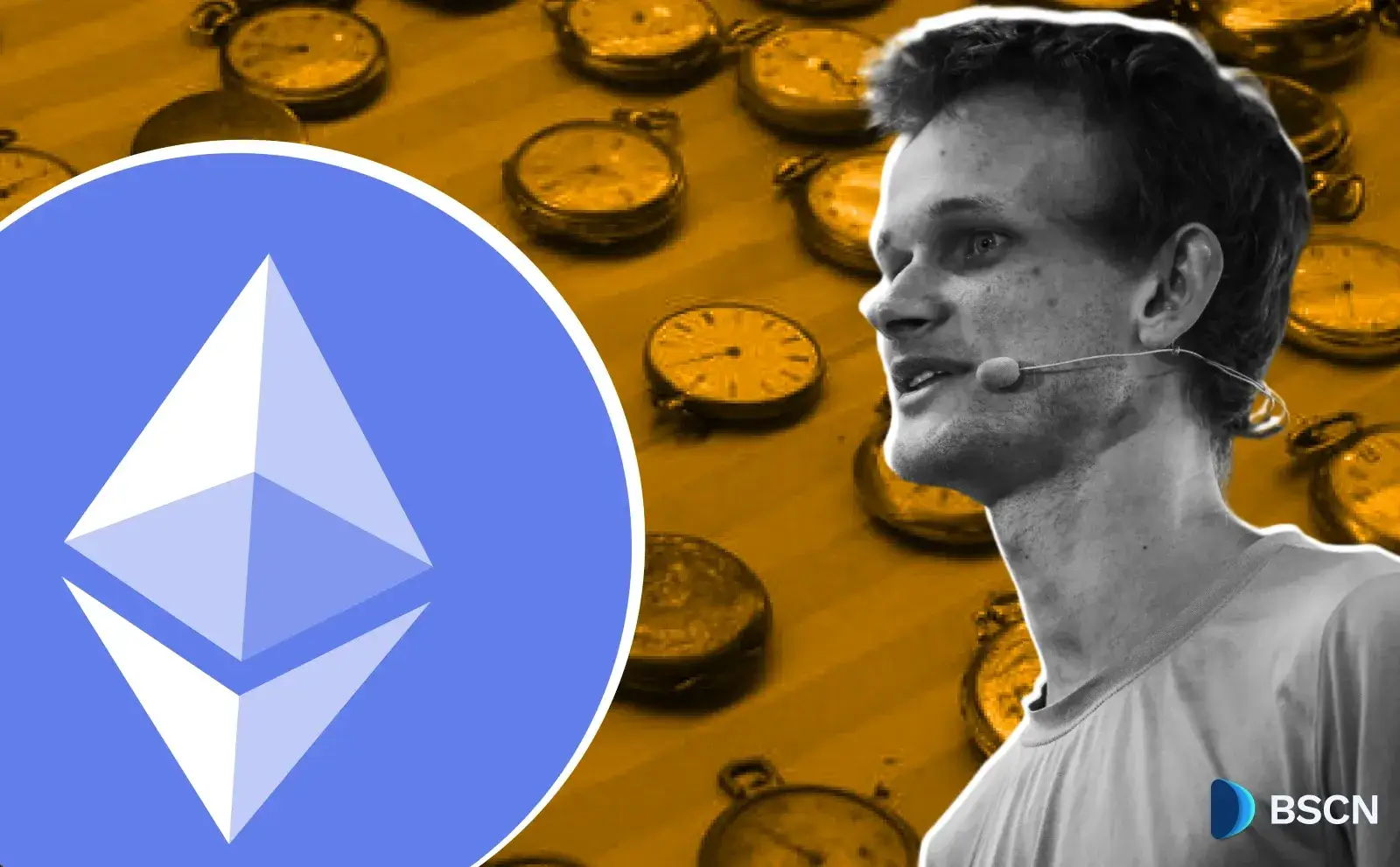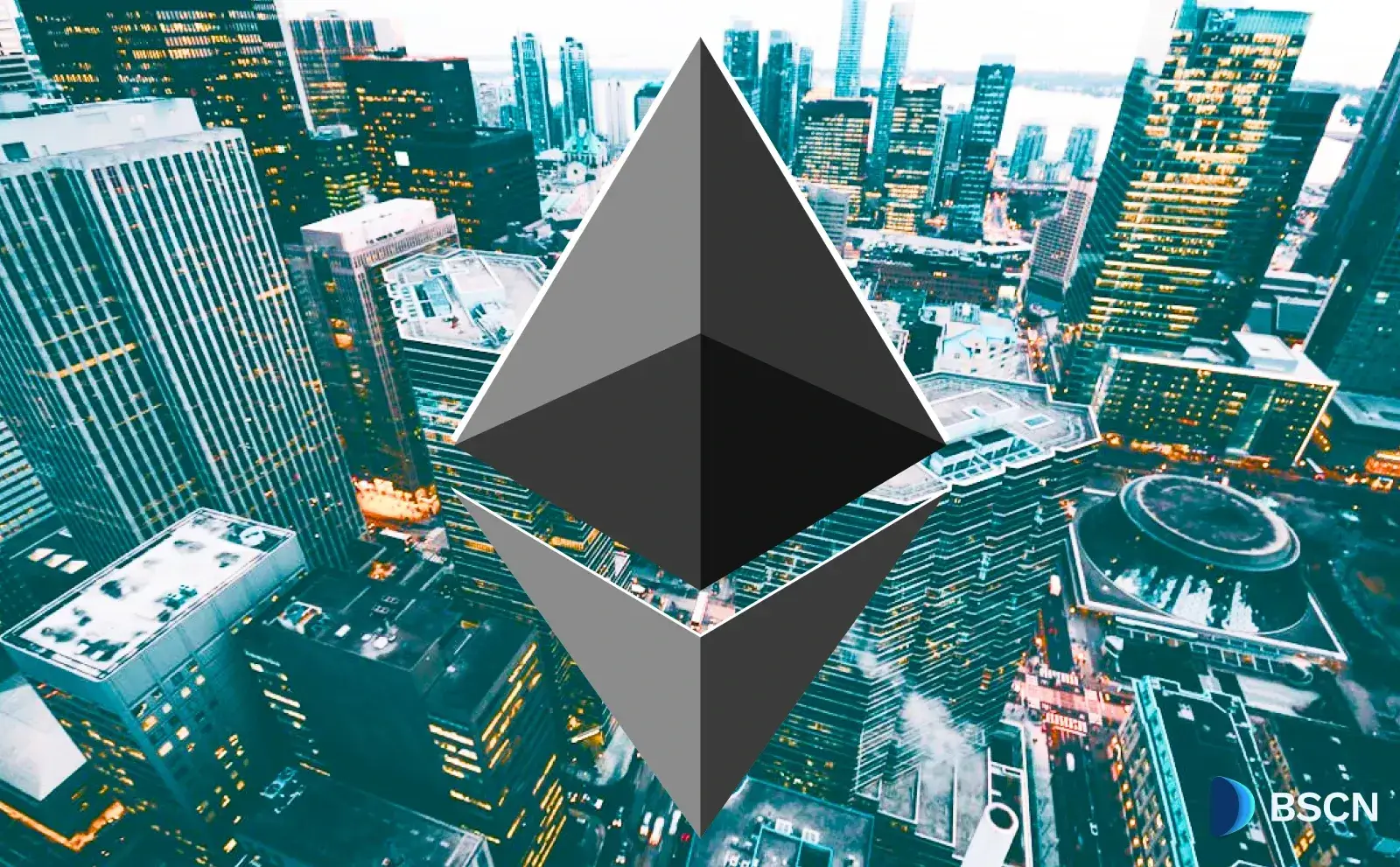Is Sidra’s Physical KYC Process Raising Legitimate User Concerns?

Sidra’s in-person KYC model sparks debate over safety, logistics, and affordability. Learn how the process works and why users are raising flags.
Miracle Nwokwu
May 14, 2025
Table of Contents
Sidra Chain, a blockchain platform emphasizing Shariah-compliant financial solutions, has introduced a unique approach to Know Your Customer (KYC) verification. Unlike many platforms that rely on digital or remote KYC, Sidra has opted for a physical verification model through its Sidra Clubs initiative. This decision has sparked debate among users, with concerns about safety, accessibility, and costs dominating discussions. Below, we explore the latest development, user grievances, Sidra’s responses, and the broader implications of this approach.
Sidra Clubs and Physical KYC
Sidra Chain, launched as a DeFi platform, aims to combine blockchain technology with ethical financial practices. To ensure compliance with anti-money laundering (AML) and KYC regulations, Sidra introduced onsite KYC for users via Sidra Clubs in mid-April 2025. This initiative allows verified companies to assist users with KYC verification in their local regions. Companies apply through SidraClubs.com, submitting valid registration documents to become authorized verification partners.
Sidra announced the inclusion of three companies—one in Manchester, UK, and two in Nigeria (Adamawa and Katsina), with plans to expand further as more firms are vetted.
We are pleased to announce 3 more companies in our clubs 1 in #UK and 2 in #Nigeria
— SidraChain (@sidrachain) May 12, 2025
We will keep adding more companies once they are verified
We do not charge money on KYC the charge is from the companies to cover there expenses we only charge 100SDA
Lets do it #SidraFamily pic.twitter.com/liwpcTu0hK
The physical KYC process requires users to visit these partnered companies, where their identities are verified in person. Sidra charges 100 SDA (Sidra’s native token) for the process, while additional fees imposed by the clubs cover operational expenses. According to Sidra, this model enhances security by reducing the risk of fraudulent or AI-generated documents, a growing concern in digital verification systems.
User Concerns: Safety, Accessibility, and Costs
Despite Sidra’s intentions, the physical KYC requirement has met resistance. Users in regions with security challenges, such as Nigeria, have voiced significant concerns. One user, @funmismith48, highlighted the dangers of traveling long distances in insecure areas for verification, arguing that app-based KYC would be safer and more practical. Nigeria’s ongoing security issues, including banditry and kidnapping, amplify these worries, making physical travel a daunting prospect for many.
Accessibility is another hurdle. Users in geographically vast countries like Brazil have questioned the feasibility of traveling to verification centers. Some have pointed out that halting work to visit a center incurs significant costs and logistical challenges, especially if no partnered companies exist locally. The lack of clubs in some regions leaves users stranded, unable to complete KYC and access Sidra’s full platform features, such as mobile mining and token swaps.
Cost is a further point of contention. While Sidra maintains that the 100 SDA fee is their only charge, partnered companies impose additional fees to cover expenses. Users have criticized these costs, suggesting that Sidra collaborate with platforms like Pi Network to streamline verification for users already KYC-compliant elsewhere. These concerns reflect a broader desire for affordability and convenience in the verification process.
Sidra’s Response and Rationale
Sidra has acknowledged these concerns but remains committed to its physical KYC model for now. In response to accessibility issues, Sidra encourages users to identify and recruit local companies to join Sidra Clubs, thereby expanding the network of verification centers. For instance, Sidra replied to a Brazilian user’s query by suggesting they help onboard companies in their region via SidraClubs.com. On costs, Sidra clarified that additional fees are set by clubs, not the platform, to ensure quality service.
Sidra’s preference for physical verification likely stems from its Shariah-compliant framework, which emphasizes transparency and trust. Physical checks may reduce the risk of falsified documents, aligning with Sidra’s commitment to regulatory compliance and user security. Rising fake KYC documents and advanced AI technologies may have necessitated this approach to block fraud through in-person checks.
Are User Concerns Valid?
User concerns about Sidra’s physical KYC process are undeniably valid. Safety risks in volatile regions, logistical challenges in vast countries, and additional costs create significant barriers, particularly for users in underserved areas. The absence of a remote verification option exacerbates these issues, potentially alienating a portion of Sidra’s global user base. While Sidra’s push for physical verification aims to enhance security, it overlooks the practical realities faced by many users.
To maintain user trust, Sidra must address these grievances. Expanding the Sidra Clubs network is a step in the right direction, but offering a hybrid model—combining physical and remote verification—could strike a balance between security and accessibility. Sidra’s acknowledgment of exploring more verification solutions is promising, but timely implementation is crucial.
Read Next...
Disclaimer
Disclaimer: The views expressed in this article do not necessarily represent the views of BSCN. The information provided in this article is for educational and entertainment purposes only and should not be construed as investment advice, or advice of any kind. BSCN assumes no responsibility for any investment decisions made based on the information provided in this article. If you believe that the article should be amended, please reach out to the BSCN team by emailing [email protected].
Author
 Miracle Nwokwu
Miracle NwokwuMiracle holds undergraduate degrees in French and Marketing Analytics and has been researching cryptocurrency and blockchain technology since 2016. He specializes in technical analysis and on-chain analytics, and has taught formal technical analysis courses. His written work has been featured across multiple crypto publications including The Capital, CryptoTVPlus, and Bitville, in addition to BSCN.
Crypto Project & Token Reviews
Project & Token Reviews
Comprehensive reviews of crypto's most interesting projects and assets
Learn about the hottest projects & tokens



